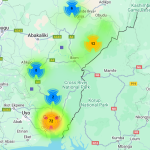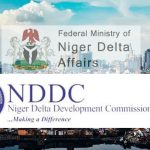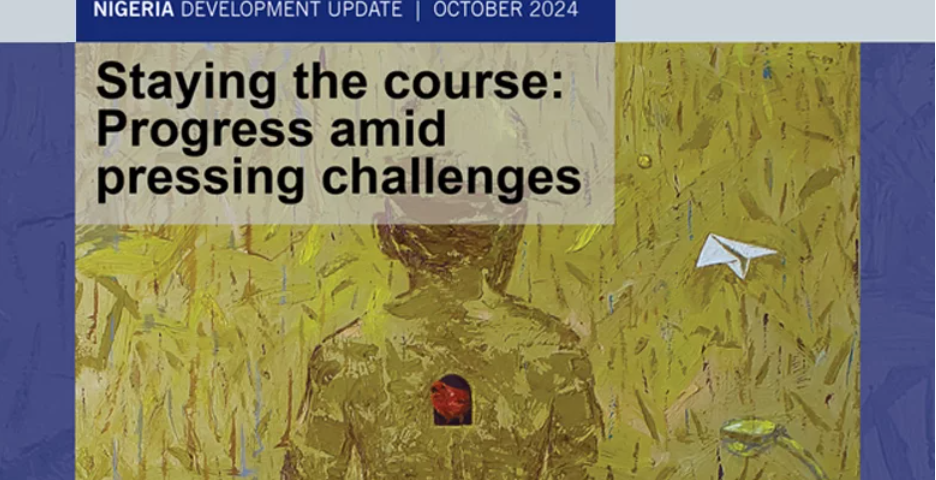
Niger Delta Weekly Conflict Update: October 13-19, 2024
October 18, 2024
FG Dissolves Ministry of Niger Delta Affairs, Merges Functions with NDDC Under New Ministry
October 23, 2024The Nigeria Development Update (NDU) is a biannual World Bank report series. The NDU assesses recent economic and social developments and prospects in Nigeria, and places these in a longer-term and global context. It also provides an in-depth examination of selected economic and policy issues and an analysis of Nigeria’s medium-term development challenges. It is intended for a wide audience, including policy makers, business leaders, financial market participants, and the community of analysts and professionals engaged in Nigeria’s evolving economy.
This Edition reports that, major reforms have been undertaken to restore macroeconomic stability since May 2023. The government started to move towards market-based pricing of gasoline to address the large fiscal cost of subsidized pricing. The CBN initiated major FX policy reforms that resulted in a unified, better regulated, and market-reflective official exchange rate. The new policy direction is essential, but in the short-term it has added to already intense pressures on households and firms. The indications that the macroeconomic situation is improving are encouraging, providing oxygen to the economy and the necessary condition for growth to ignite, with the help of additional, complementary measures.
The monetary policy stance needs to remain tight until a sustained disinflation path is achieved, along with continued improvements in policy transmission. On the fiscal front, focus on four key areas can reduce debt risks and create more space for development and pro-poor spending. In parallel with stabilizing the macroeconomy, it is critical to protect the poor and the economically insecure by enhancing the social protection framework. Poverty is high and rising in Nigeria. However, employment on its own is not enough to lift people out of poverty: Nigeria needs productive jobs, but these are scarce. Sustained poverty reduction depends on creating wage jobs through macro-fiscal stability, growth, and private sector development, complemented by building human capital. Short- and medium-run policies to boost productivity in farm and non-farm household enterprises would provide relief while higher-paying jobs are not available and could support some to succeed and grow. Policy initiatives for women and youth can improve the labor market’s poverty-reducing potential.
Download Full Report Here: Nigeria-Development-Update-World-Bank_October-2024.pdf (735 downloads )









